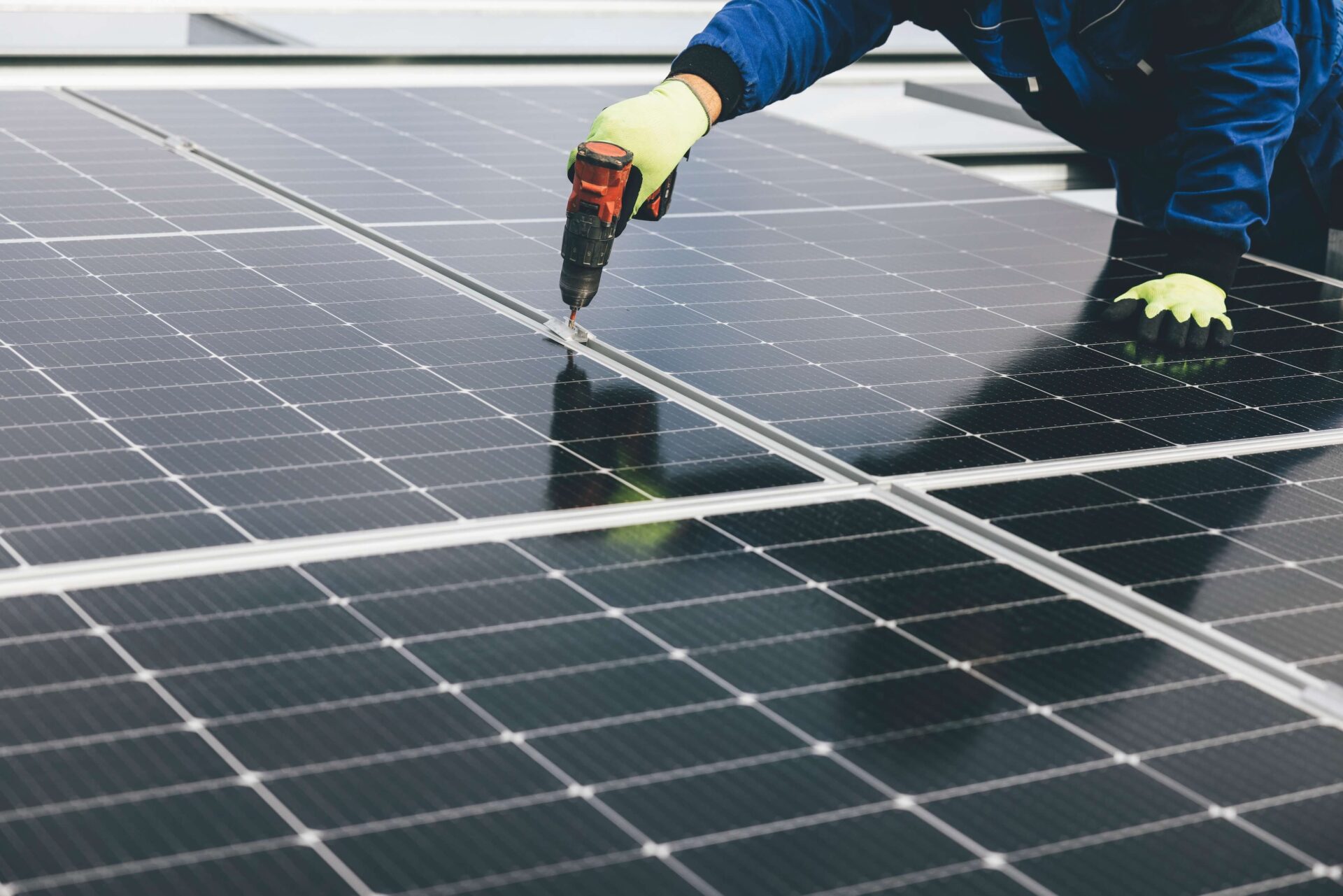The renewable energy transition could be the opportunity needed to breathe new life into rural and regional Australia. It offers a huge opportunity, too, for regions who have hosted fossil fuel extraction or processing as one of their key economic activities in the past.
More to the point, the renewable energy transition needs rural and regional Australia in order to meet the emission-reduction targets set by state and federal governments to prevent excessive global warming and to keep the lights on as coal fired power stations retire. The time is now for governments to work collaboratively with regional communities around issues such as workforce and local business readiness. When Prime Minister Albanese announced at the Jobs and Skills Summit in September 2022 that he would task Jobs and Skills Australia (JSA) to commission a capacity study on the clean energy workforce, JSA was not yet in existence. While its research, once completed, may prove useful in forming a national approach, starting from scratch is a time and cost-intensive approach that has seen deadlines being pushed back for its Clean Energy Capacity Study, originally expected in June this year.
Since then, we’ve also seen the announcement of a new National Net Zero Authority,
While a strategic, coordinated and quality approach is much needed, we’ve no time to lose in readying our regional and rural communities for the changes that are already, in many cases, underway.
We need an approach to workforce and local procurement that works to build capacity in existing organisations and businesses in communities; even while those at the top are deliberating on how to solve the skill shortages and worker availability that we are seeing across the country.
There’s a whole suite of jobs created by renewable energy projects coming to regional towns, such as:
- Professional services such as cultural heritage and archeology, planning, surveying, ecology, project management, business, communications, recruitment, engagement, technology and agricultural consultants.
- Civil services such as earthworks and road construction, along with fencing and landscaping.
- Trades of different kinds, with electricians, building and construction among the most in demand.
- Supporting services such as hospitality, health and accommodation.
Regional and rural communities are well-placed to navigate resourcing and preparing for the renewable energy transition. Yet, they need assurance that the work they are doing, or the initiatives they may take to scale-up to meet new opportunities from the clean energy industry, will not be undermined by city-based decision-makers who are currently shaping a centrally-controlled, rather than co-designed approach to the challenge.
This lack of involvement creates an environment of uncertainty for our regional communities that does not favour growth and capacity building.
Community groups, small businesses and social services that hold regional communities together as they adapt to changing local environments – neighbourhood centres, crisis accommodation for those feeling the impacts of a sudden tightening of the housing market, and assistance with job readiness – are also key players in managing social cohesion, as well as workforce coordination.
Last month, the Centre for Economic Policy Development released Making our way: Adaptive capacity and climate transition in Australia’s regional economies. The study recommends that with an “adaptive capacity framework, governments can better understand the specific strengths, needs and capabilities of local communities, and work with them to develop more effective and appropriate responses. This approach will increase economic diversity, build resilience and deliver investments that take communities where they want to go.”
What might this look like on the ground in regional communities, in the case of renewables? We need a resourced approach to helping local organisations and businesses work with state governments and project proponents to understand the upcoming opportunities and what is needed to take these up. Where there are gaps, people need to be supported to co-design localised solutions. Where there are challenges, they need to be supported to work collaboratively to solve them. There also needs to be hyper localised support to assist people to understand the opportunities for training and work, and encouraged to see a future for themselves in the renewables boom.
It also means investing in (rather than cutting the budgets of) the training organisations that are going to be delivering key courses, of which TAFE is a key player.
There are many things we could be doing on the ground to get our workforces and businesses ‘renewable-ready’. What the Government could do right now is to acknowledge the work organisations are currently doing on the ground, and provide some confidence that this work will continue to be valued into the future.
Regional and rural Australia don’t want things done to them; it’s time to move towards policy design and project roll-outs that happen with regional communities.
Really, there’s no time to waste.
